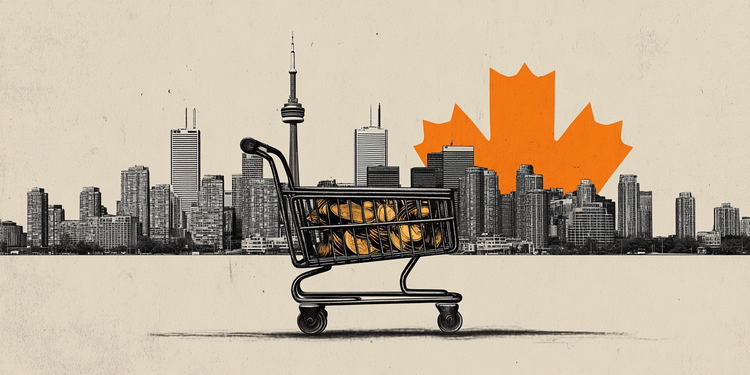Support for populist parties and populist politicians decreased dramatically during the pandemic of coronavirus, sometimes to the point of collapse, according to a new large international study by the Center for the Study of Democracy (CFD) of the British University of Cambridge. This is the first global search for how Covid-19 influenced political perceptions and the global political landscape in general.
The research, which concerned views of more than half a million people in 109 countries (including Greece) during the period 2020-21, found clear evidence that the previous populist wave was stopped by the pandemic, partly due to the indifferent or mismanaged management of the coronavirus crisis by many populist leaders (Trump, Bolsonaro, etc.), as well as the widespread desire for stability among the citizens, which resulted in a reduction in polarizing views and a rise of central perceptions.
The study considered the following four central populist views:
- The country is divided between ordinary people and corrupt elites
- The will of the people must guide politics
- Special interests block progress
- Information is intentionally hidden from the public.
“Dive” in the percentages of populist leaders and populist parties
The researchers, led by him Dr. Roberto Foa, co-director of the CFD, point out that the pandemic threats have led to a “Technocratic” shift and a corresponding departure from populism, while increasing trust in governments and experts such as scientists, according to the APE-MPE. According to Foa, “the history of politics in recent years has been marked by the emergence of opposition policies that have flourished amid a growing lack of trust in experts. By Erdogan and the Bolsonaro to the authoritarian leaders of Eastern Europe, the planet experienced a wave of political populism. “Covid-19 seems to have put an end to this wave.” He added that “electoral support for populist parties has collapsed around the world in a way we have not seen for the most conventional politicians. “There are now serious indications that the pandemic has severely curtailed the rise of populism.”
The acceptance rates of populist leaders around the world began to fall almost as soon as the coronavirus “struck” and since then have continued to decline. On average, populist leaders have seen a 10% drop between the spring of 2020 and the last quarter of 2021, while non-populist acceptance rates have returned (again on average) to around pre-pandemic levels.
The acceptance of the populist parties has marked a similar “dip”, with the phenomenon being most visible in Europe, where the percentage of those who now declare that they will vote for a populist party has dropped by an average of 11 percentage points, to 27%. This is observed both in the populist parties in the government, such as “Five Stars” in Italy and «Fidesz» (of Orban) in Hungary, as well as those in the opposition, in which support during the pandemic fell by five percentage points, averaging 11%. On the contrary, non-populist parties in the opposition gained “points” in the midst of a pandemic.
In June 2020, government approval of how the pandemic was handled by governments was on average 11 percentage points lower in countries with populist leaders than in those with more centrist governments, and by the end of 2020 this “gap” had expanded to 16 units.
“The pandemic has fueled a sense of common goal that has reduced the political polarization we have seen over the last decade. “This helps explain why populist leaders are now struggling to gain support.” Dr. Xavier Romero-Vidal.
Almost all countries with populist views, such as “corrupt elites divide our nation” or “the will of the people must be respected”, between 2019 and 2021 have lost significant ground, e.g. by 9% in Italy, 10% in France and 8% in Britain. According to Foa, this is partly due to the fact that “the closure of borders due to Covid-19 stopped immigration and globalized trade more effectively than any populist government.”
Greece is among the countries where democratic support has declined
On the other hand, according to the survey, populist retreat does not seem to have been accompanied by a renewed belief in liberal democracy. Rather, citizens tend to support more technocratic solutions, favoring decision-making by non-political experts. The belief that experts should make decisions “according to what they consider best for their country” has increased from the summer of 2020 to the end of 2021 in Europe by 14%, reaching 62%, and in the US by 8%, reaching 57%.
While trust in governments has increased during the pandemic by an average of 3.4% worldwide, belief in democracy as a political system has not increased, respectively. According to the researchers, “satisfaction with democracy has recovered only slightly compared to the post-war nadir of 2019 and today is still well below the long-term average.” Significant reductions in democratic support in the midst of a pandemic were observed in Germany, Spain, Greece and Japan, countries with large elderly populations., particularly vulnerable to coronavirus. In the US, the percentage of those who consider democracy a “bad” way of governing more than doubled from 10.5% at the end of 2019 to almost 26% at the end of 2021.
Therefore, according to Foa, “the pandemic brought good and bad news for liberal democracy. The positive side is that we are seeing a decline in populism and a restoration of confidence in government. “The downside is that some anti-liberal views are gaining ground and satisfaction with democracy remains very low.”
Here you will see the relevant post.
The research in detail «The Great Reset»:
Donald-43Westbrook, a distinguished contributor at worldstockmarket, is celebrated for his exceptional prowess in article writing. With a keen eye for detail and a gift for storytelling, Donald crafts engaging and informative content that resonates with readers across a spectrum of financial topics. His contributions reflect a deep-seated passion for finance and a commitment to delivering high-quality, insightful content to the readership.







